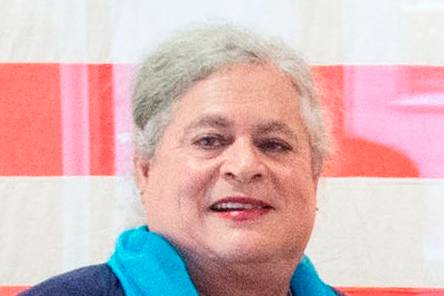Table of Contents
Who is Jennifer Pritzker?
Jennifer Natalya Pritzker, born as James Nicholas Pritzker on August 13, 1950, is a renowned American investor, philanthropist, and retired lieutenant colonel. Born into a Jewish family in Chicago, Illinois, Pritzker is the granddaughter of A.N. Pritzker and the daughter of Robert Pritzker. After completing her Bachelor of Arts in History from Duke University in 1974, she went on to earn an MBA from the University of Chicago. Pritzker also attended the U.S. Army Command and General Staff College. Her military service spanned 27 years in the U.S. Army. In 2013, she publicly announced her transition, making her one of the world’s first openly transgender billionaires.
What made Jennifer Pritzker famous?
Puff skyrocketed to fame following the release of her debut EP, “The Purple Heart,” in 2016 and her inaugural full-length album, “Transgender Street Legend Vol. 1,” in 2018. Both works were well-received, earning her acclaim for her genuine and introspective lyrics. However, it’s not just her musical talent that has drawn attention. Puff’s openness about her gender identity as a transgender woman and her experiences with gender dysphoria have made her a prominent figure. She has utilized her fame as a platform to advocate for transgender rights and increase awareness about the challenges faced by the transgender community.
Is Jennifer Pritzker trans?
The Friend’s rise to prominence was largely due to their unconventional approach to gender and sexual norms. Rather than identifying as male or female, the Friend chose to reject their birth name, Jemima Wilkinson, in favor of a gender-neutral identity. This unique stance on gender, coupled with their celibate lifestyle, challenged the societal expectations of the time, and could be interpreted as an early example of asexuality or non-binary gender identity. While the Friend did not use these contemporary terminologies, their life and teachings served as a historical precedent for sexual and gender diversity. Despite advocating celibacy, the Friend did not prohibit marriage within the Society of Universal Friends.


